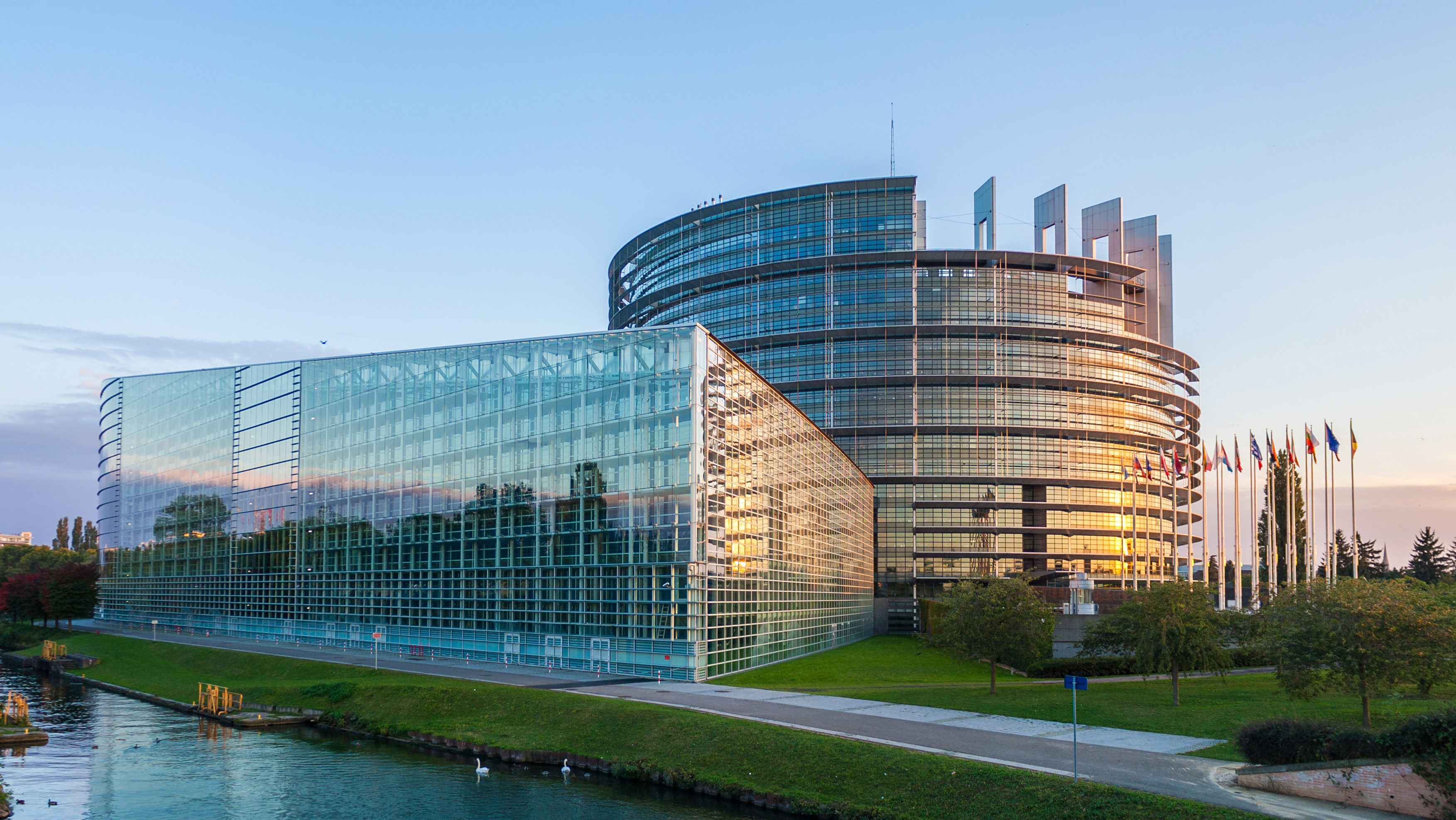Brussels, 15 December 2018
ECSWE stance supported by European Parliament resolution

The European Parliament’s resolution on education in the digital era calls for unbiased research into the effects of digital technology on brain development.
On 11th December 2018, the European Parliament adopted its resolution on education in the digital era. The report gives policy recommendations on how to adapt education systems to the challenges of digital transformation. ECSWE lobbied for a more balanced view on the use of digital technology in schools, age-appropriate and development-oriented media education, and investment into research on the effect of digital technology on young children’s brain development.
Our work contributed to achieving a more balanced document that includes the following key demands:
- A strong call for “investment in unbiased and interdisciplinary research into the various impacts of digital technologies on education”, “so as to achieve as deep an understanding as possible of how the minds of children and adults are responding to the digital environment”;
- The demand that teacher training in the field of media education “must include modules on age- and development-oriented teaching practices” preparing teachers for a sustainable approach oriented towards the wellbeing of the learner;
- The request to authorities to cooperate with education settings to “develop their ICT and media education in accordance with their pedagogical approach” thus giving schools more autonomy in defining their own media curricula.
A question? Please don’t hesitate to contact us!




